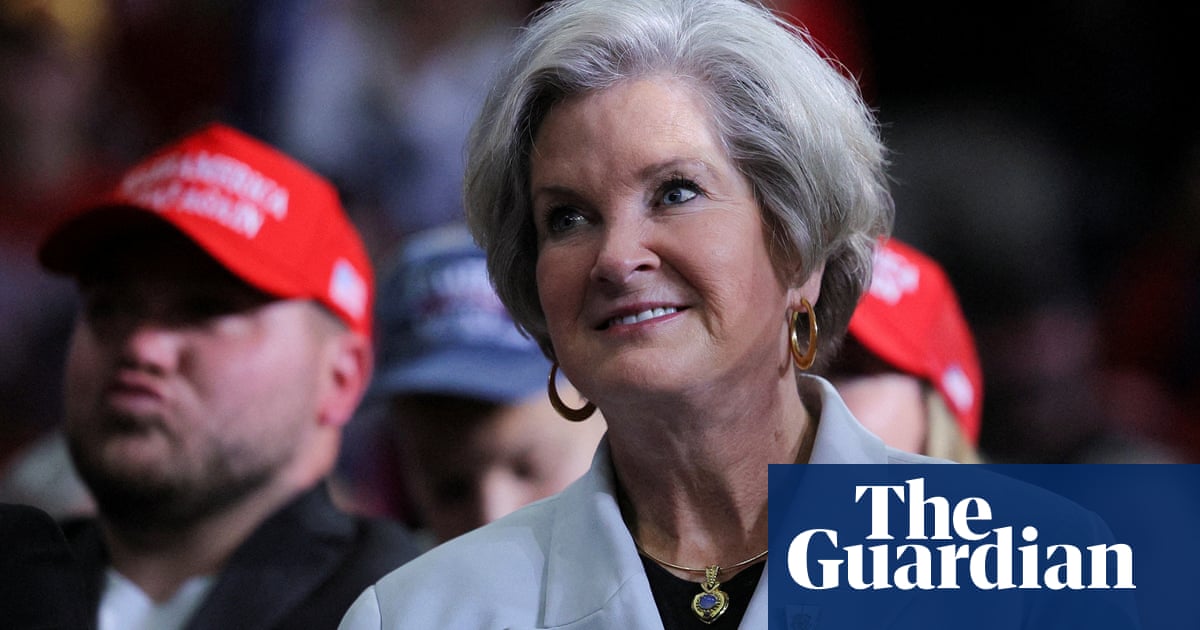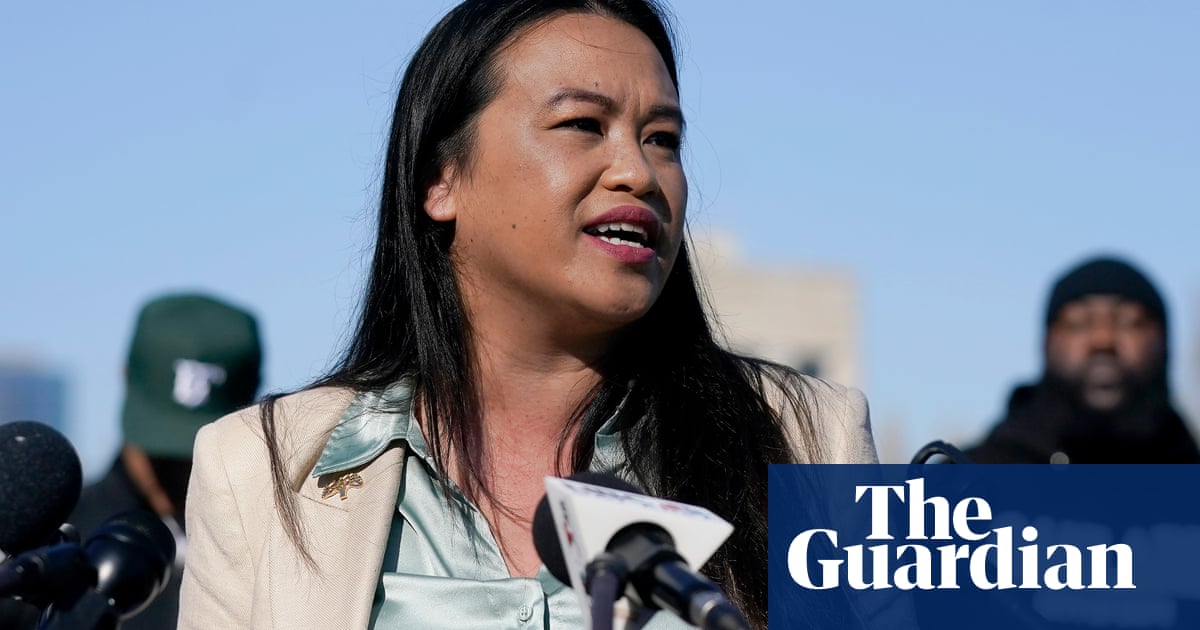Susie Wiles, who was named Donald Trumpâs new White House chief of staff, will be the first woman in US history to serve in the role as gatekeeper to the president, a position that typically wields great influence.
The chief of staff position is usually the first appointee that a president-elect names, and may oversee the transition from one administration. Once Trump is sworn in as president, Wiles will also be in charge of all White House policy, serving as a confidante and adviser and managing day-to-day affairs.
Wiles, 67, is a veteran of Florida politics. She began her career in the Washington office of New York congressman Jack Kemp in the 1970s. Following that she did stints on Ronald Reaganâs campaign and in his White House as a scheduler.
Wiles then headed to Florida, where she advised two Jacksonville mayors and worked for Congresswoman Tillie Fowler. After that came statewide campaigns in rough-and-tumble Florida politics, with Wiles being credited with helping businessman Rick Scott win the governorâs office.
After briefly managing the Utah governor Jon Huntsmanâs 2012 presidential campaign, she ran Trumpâs 2016 effort in Florida, when his win in the state helped him clinch the White House.
Two years later, Wiles helped get Ron DeSantis elected as Floridaâs governor. But the two would develop a rift that eventually led to DeSantis to urge Trumpâs 2020 campaign to cuts its ties with the strategist, when she was again running the then-presidentâs state campaign.
Wiles ultimately went on to lead Trumpâs primary campaign against DeSantis and trounced the Florida governor. Trump campaign aides and their outside allies gleefully taunted DeSantis throughout the race â mocking his laugh, the way he ate and accusing him of wearing lifts in his boots â as well as using insider knowledge that many suspected had come from Wiles and others on Trumpâs campaign staff who had also worked for DeSantis and had had bad experiences.
Wiles joined up with Trumpâs third campaign and served as his âde facto chief of staffâ over the last three years to lead his successful re-election bid and helped him work with lawyers on his various criminal and civil cases.
âSusie Wiles just helped me achieve one of the greatest political victories in American history, and was an integral part of both my 2016 and 2020 successful campaigns,â Trump said in a statement. âSusie is tough, smart, innovative, and is universally admired and respected.â
Trump also mentioned her in his victory speech in Palm Beach, Florida. âSusie likes to stay sort of in the back, let me tell you. The Ice Maiden. We call her the Ice Maiden,â he said.
In a profile, Politico described her as a âforce more sensed than seenâ, crediting her as the reason the former presidentâs latest campaign has been âmore professional than its fractious, seat-of-the-pants antecedentsâ.
A self-described moderate, Wiles has also been credited â by Trumpâs allies and opponents â as the person who has given him the discipline and focus to succeed politically. She has been known to keep good relationships with reporters, and holds a wealth of knowledge about all aspects of running a campaign.
Some have also described her as an enabler of Trumpâs dictatorial ambitions. âSusie Wiles is way too smart of a human being and way too sophisticated a political operator to not understand,â Fernand Amandi, a Miami-based Democratic pollster and MSNBC analyst, told Politico.
Wiles was able to help control Trumpâs worst impulses â not by chiding him or lecturing, but by earning his respect and showing him that he was better off when he followed her advice than flouted it. At one point late in the campaign, when Trump gave a widely criticized speech in Pennsylvania in which he strayed from his talking points and suggested he wouldnât mind the media being shot, Wiles came out to stare at him silently.
Trump often referenced Wiles on the campaign trail, publicly praising her leadership of what he said he was often told was his âbest-run campaign.â
âSheâs incredible. Incredible,â he said at a Milwaukee rally earlier this month.
During Trumpâs first term, the president had a series of chiefs of staff: Republican National Committee chair Reince Priebus, General John Kelly, former South Carolina representative Mick Mulvaney and former North Carolina representative Mark Meadows.
The former president often disagreed with or tired of his appointees. In the weeks before the election, Kelly, the retired marine general, notably said that Trump fits âinto the general definition of fascistâ.
Associated Press contributed to this report



